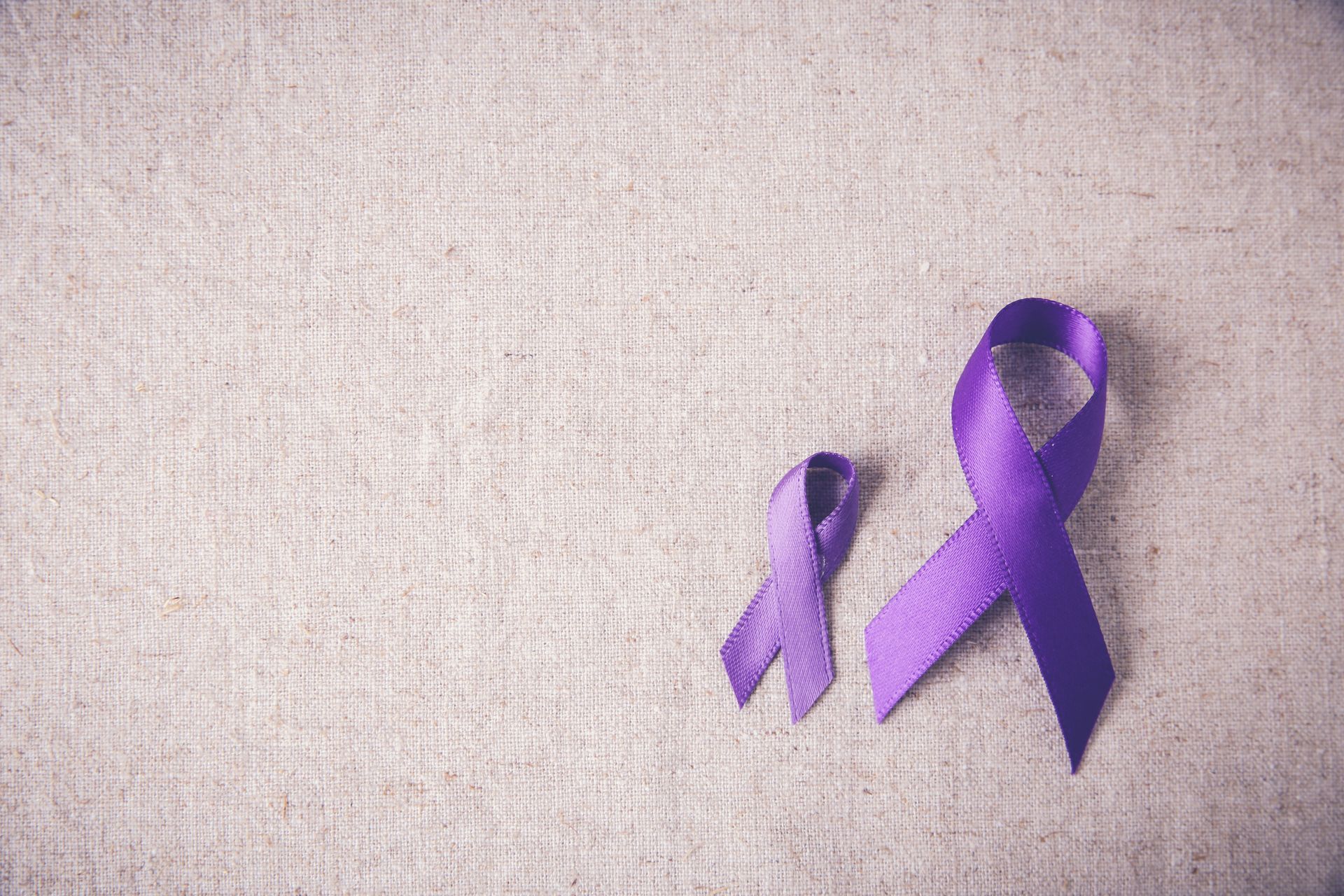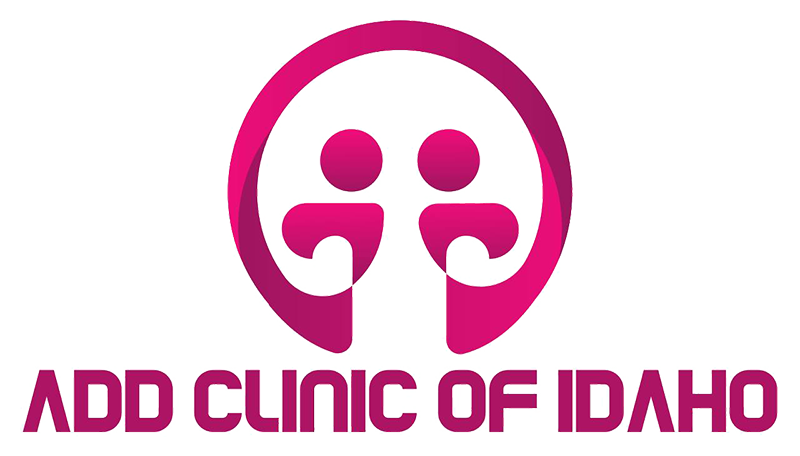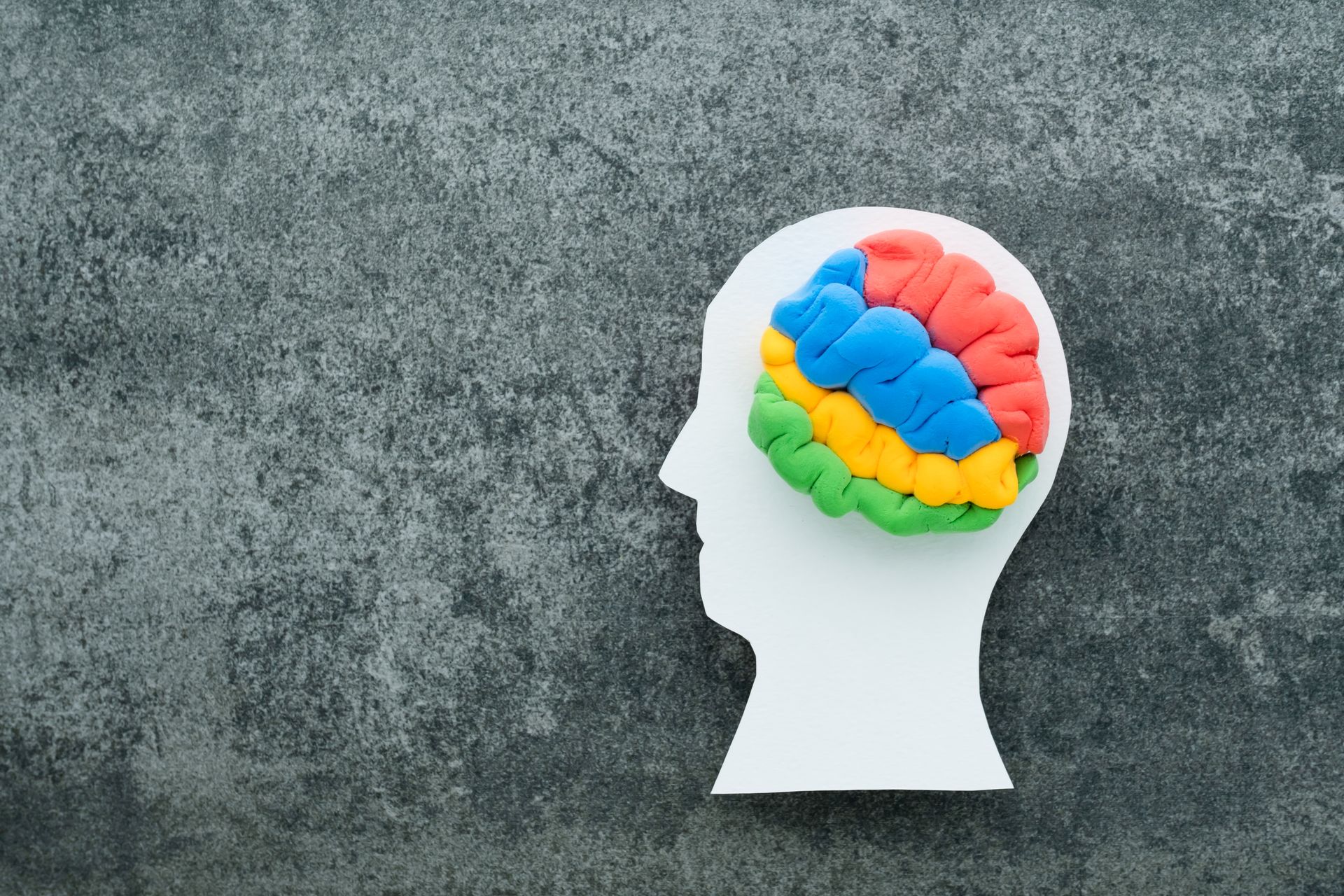October is ADHD Awareness Month, a national campaign led by the ADHD Awareness Month Coalition with partners such as CHADD and ADDA. The goal is simple and urgent: replace myths with facts and help more people get timely, evidence-based care. ADHDAwarenessMonth 2025+2ADDA+2
What ADHD is—and isn’t. ADHD is a neurodevelopmental condition that can affect attention, working memory, organization, and impulse control. It often begins in childhood and can persist into adulthood, shaping how we learn, work, and relate to others. Many adults recognize symptoms only later in life—sometimes after a child in the family is evaluated. Authoritative public-health sources (CDC, NIMH) emphasize that ADHD is common and treatable. CDC+1
Why a real evaluation (“testing”) matters. An ADHD assessment is more than a quick checklist. Best practice includes a thorough clinical history across settings (home/school/work), validated rating scales from multiple informants, and careful screening for conditions that can mimic or co-occur with ADHD (anxiety, depression, sleep disorders, learning differences). For children and adolescents, the American Academy of Pediatrics provides detailed guidance on diagnosis and treatment. Adults benefit from a similarly comprehensive approach adapted to work and home demands. Pediatrics
Treatment works—and it’s not one-size-fits-all. Evidence-based options include behavior therapy/coaching, skills-based psychotherapy (e.g., CBT for ADHD), school or workplace accommodations, and medications (stimulant and non-stimulant). Care plans are individualized and often combine strategies for the best results. Public-health guidance from the CDC and NIMH underscores that treatment can reduce symptoms and improve functioning across the lifespan. CDC+1
Four practical steps you can take this month:
- Start the conversation. Ask your primary care clinician or a mental-health professional about an ADHD evaluation; bring real-world examples (missed deadlines, distractibility while driving, school feedback). Pediatrics
- Explore treatment choices. Discuss behavior therapy, coaching/CBT, and medication options—and how they fit your goals. CDC+1
- Set up supports at school/work. Request reasonable accommodations (structured deadlines, written instructions, reduced-distraction testing). National Institute of Mental Health
- Use reliable resources. The ADHD Awareness Month site, CHADD, and ADDA host toolkits, webinars, and local supports throughout October. ADHDAwarenessMonth 2025+2ChADD+2
Awareness month is a great time to move from “maybe” to action. A thoughtful evaluation and the right mix of tools can change the trajectory at school, at work, and at home.
References
- ADHD Awareness Month Coalition. “ADHD Awareness Month.” (campaign hub with resources and events). ADHDAwarenessMonth 2025
- Centers for Disease Control and Prevention (CDC). “Treatment of ADHD.” (overview of evidence-based treatments for children and adults). CDC
- American Academy of Pediatrics (AAP). Clinical Practice Guideline for the Diagnosis, Evaluation, and Treatment of ADHD in Children and Adolescents. (Pediatrics, 2019). Pediatrics
- National Institute of Mental Health (NIMH). “ADHD—What You Need to Know.” (symptoms, diagnosis, treatments). National Institute of Mental Health











